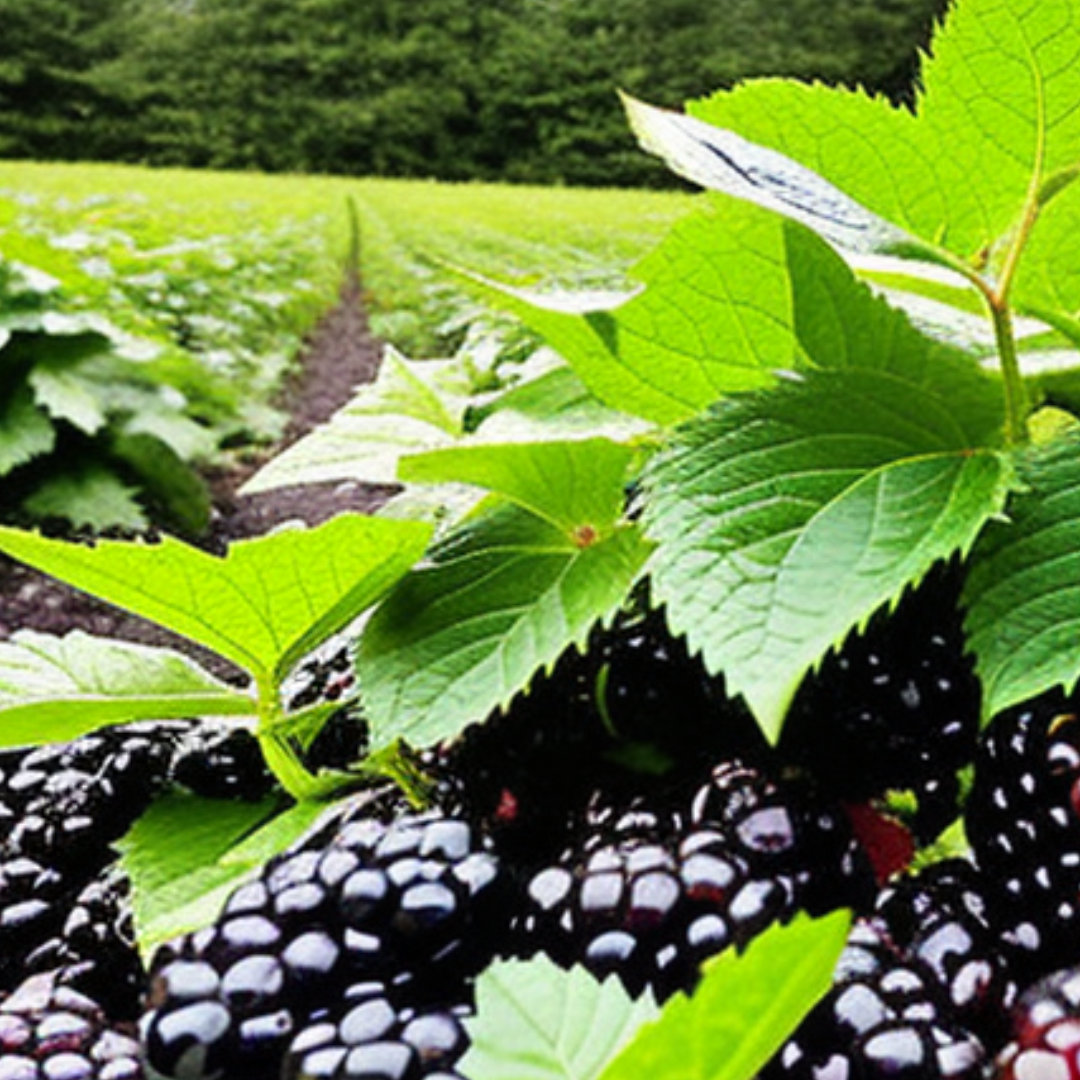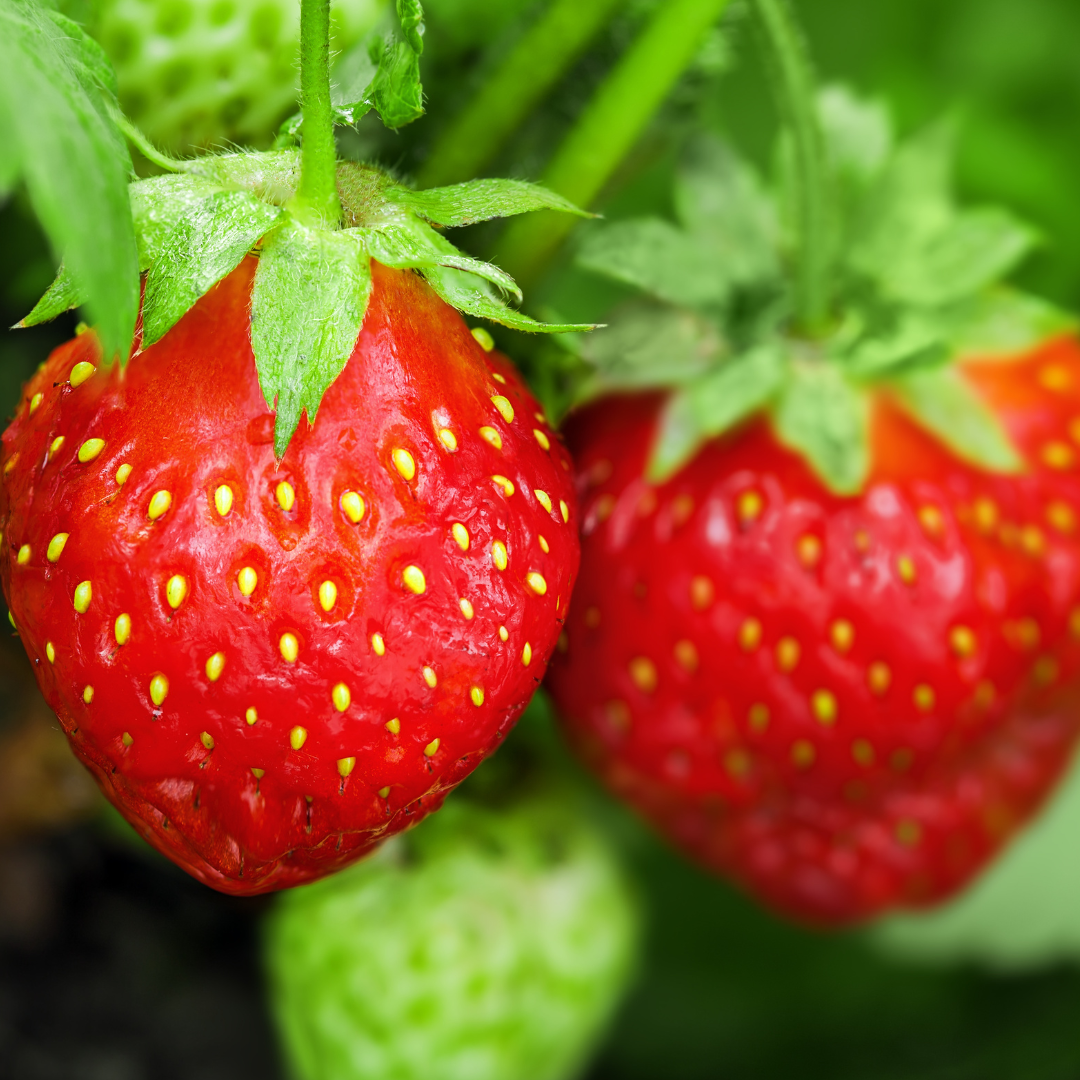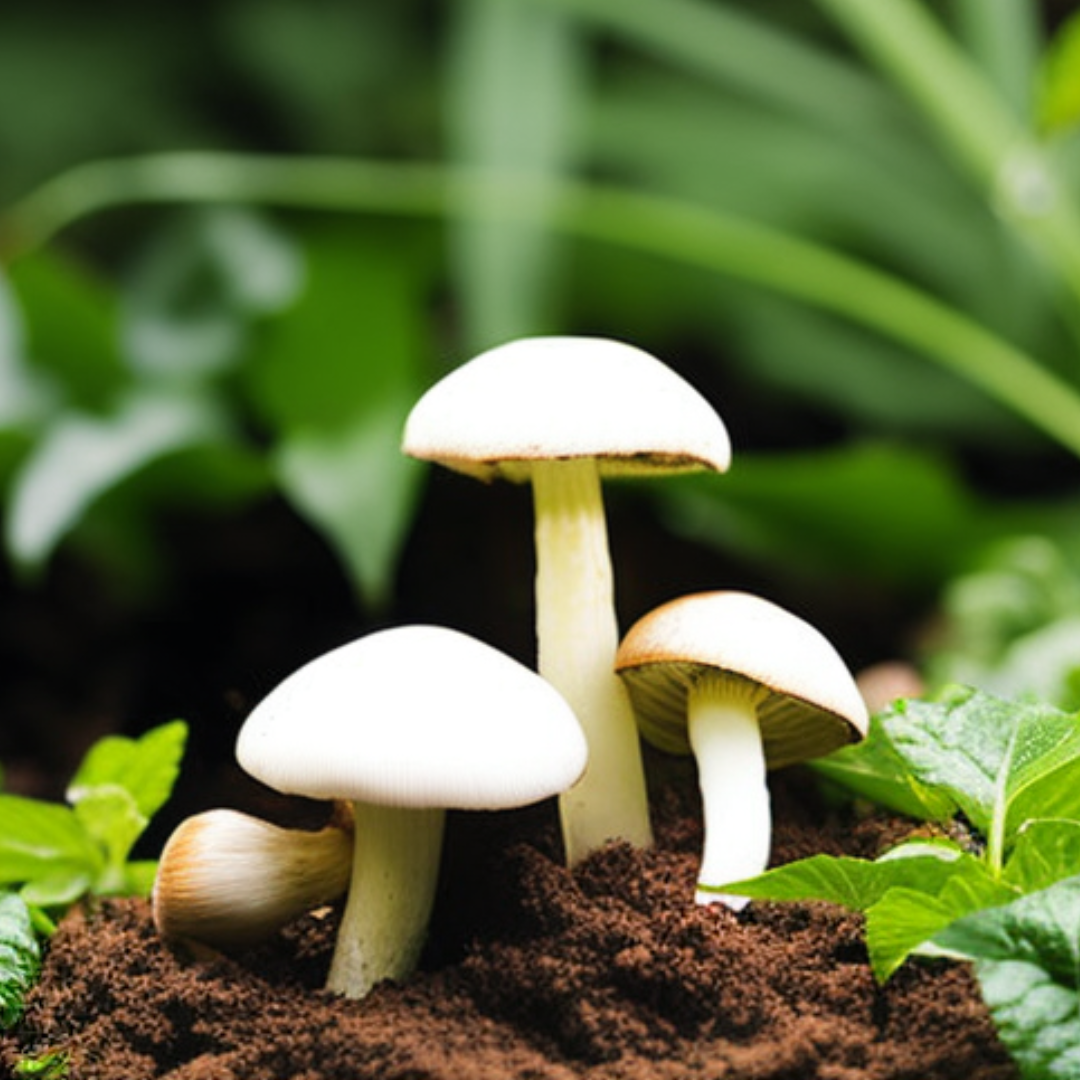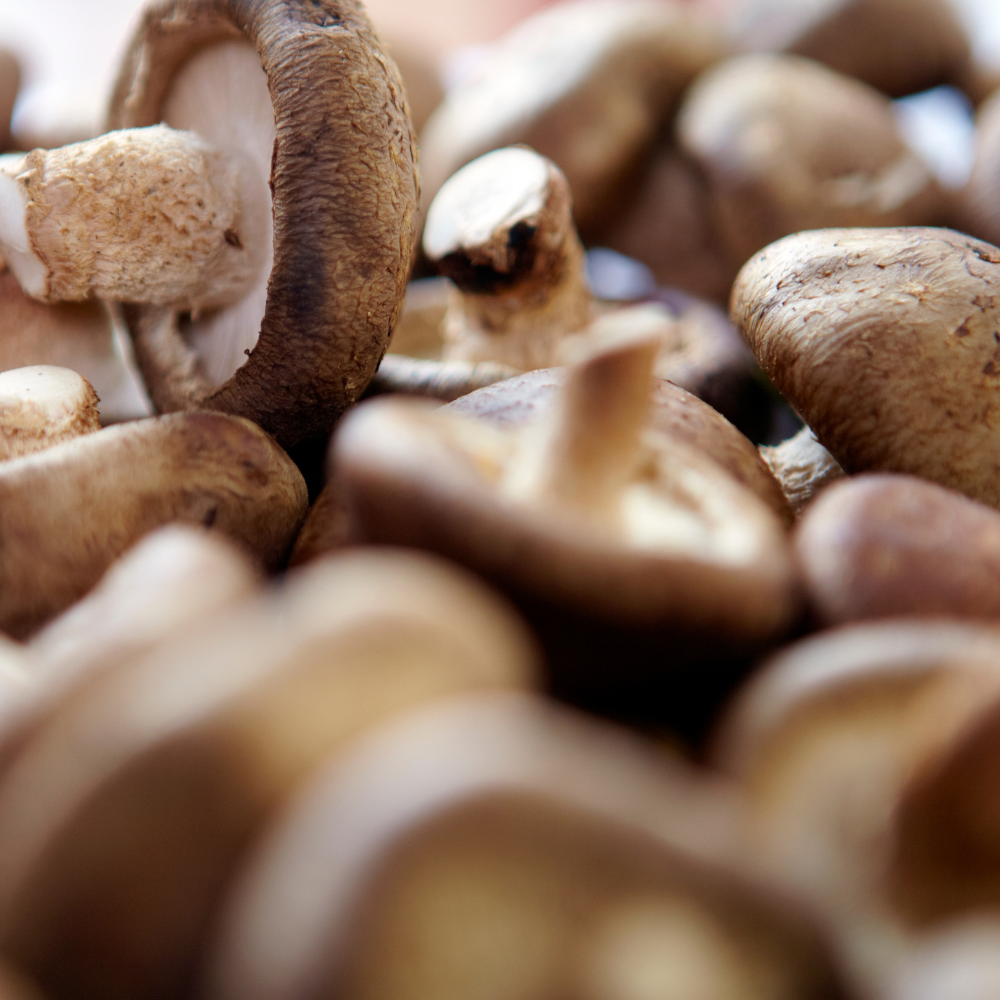Blackberries are a popular fruit for home gardens in Texas. They are easy to grow and produce large amounts of fruit, making them a great addition to any garden. This blog post will discuss how to grow blackberries in Texas, including hardiness zones, growing season, soil requirements, planting methods, and care tips.
Hardiness Zones:
Blackberries are generally hardy in USDA hardiness zones 4.5 to 7.5. This means that they can tolerate cold temperatures as low as -30°F in some cases and hot temperatures up to 100°F. In Texas, most of the state falls within these hardiness zones, making blackberries an excellent fruit crop for the region.
Growing Season:
The best time to plant blackberry plants in Texas is in early spring, as this gives the plants ample time to establish themselves before the hot summer months. Blackberries typically have a long growing season, starting mid-spring and continuing through the summer months until early fall. The fruit is usually ready to harvest in mid to late summer.
Soil Requirements:
Blackberries prefer well-drained soil, and they grow well in various soil types. However, clay soils can be challenging for blackberries, which can become waterlogged and cause root rot. To ensure good drainage, growing blackberries in raised beds is recommended. Raised beds also provide better soil control, making monitoring and adjusting soil pH levels easier.
Planting Methods:
Blackberries can be propagated from root cuttings or purchased as plants from a nursery. Root cuttings are an easy and inexpensive way to grow blackberries and can be taken from existing plants. Simply dig up a small section of the root system and plant it in a well-prepared bed. The cutting should be produced at the same depth it was growing before and watered regularly until it becomes established.
When planting blackberry plants, it is important to space them out correctly. Most blackberry varieties have a growth habit that produces long, arching canes reaching up to 8 feet. To ensure proper air circulation and prevent disease, it is recommended to space plants at least 3 feet apart in rows at least 6 feet apart.
Care Tips:
Blackberries are easy to care for but require regular maintenance to ensure healthy growth and fruit production. Here are some tips for caring for your blackberry plants:
-
Prune regularly: Blackberries produce fruit on second-year canes, so it is important to prune out the old canes each year after they have finished fruiting. This helps to promote new growth and ensures that the plants remain productive.
-
Support: As mentioned earlier, blackberries have a growth habit of producing long, arching canes. Providing support, such as trellises or stakes, helps keep the bats upright and prevents them from touching the ground, leading to disease.
-
Irrigate properly: Blackberries require regular irrigation, especially during the hot summer. Drip irrigation is an excellent way to provide water to plants while minimizing water waste.
-
Control pests and diseases: Blackberries are susceptible to various problems and conditions, including aphids, spider mites, and powdery mildew. Regular monitoring and proper management, such as using insecticidal soap or horticultural oil, can help prevent or control these issues.
Vegetable Seed Vault Kit | 35 Variety Pack

$29.95
$49.95
Ultimate Survival Seed Vault: 16,000+ Non-GMO Heirloom Vegetable Seeds for Emergency Preparedness Introducing the Seed Vault Kit, your all-in-one solution for emergency preparedness and sustainable gardening. This premium seed kit contains over 16,000 non-GMO, Heirloom, Non-Hybrid, and Open Pollinated seeds,… read more
Thornless Varieties:
Thornless blackberry varieties are an excellent choice for home gardens in Texas. These varieties are less invasive than their thorny counterparts, making them easier to manage and harvest. They are also less prone to disease and can produce high yields of delicious fruit.
Blackberry Production
Blackberry production can vary depending on factors such as the variety grown, soil and weather conditions, and pest and disease pressures. However, with proper care and management, blackberry plants can produce high yields of fruit that can be enjoyed fresh, frozen, or processed into jams, jellies, and other delicious treats.
In general, blackberry plants start to bear fruit in their second year of growth and can continue to produce fruit for up to 15 years or more. The yield per plant can vary, but most varieties can have 5 to 10 pounds of fruit per season.
To ensure good yields, the plants must be provided adequate water, nutrients, and sunlight. Fertilizer should be applied in the early spring and after harvest, using a balanced formula containing equal amounts of nitrogen, phosphorus, and potassium. Mulching around the plants can help to conserve soil moisture and suppress weeds, which can compete with the plants for water and nutrients.
Harvesting blackberries should be done when the fruit is fully ripe, as this is when it is at its sweetest and most flavorful. Blackberries ripen over several weeks, so monitoring the plants regularly and harvesting the fruit as soon as it is ready is essential. Blackberries are delicate and can bruise easily, so it is necessary to handle them gently and store them in a cool place until they can be eaten or processed.
In conclusion, growing blackberries in Texas is relatively easy and can be a rewarding experience for home gardeners. By selecting a suitable variety, planting in the correct location, and providing proper care and management, blackberry plants can produce abundant yields of delicious fruit that can be enjoyed for many years. Whether eaten fresh or used in jams, jellies, or other culinary delights, blackberries are a tasty and nutritious addition to any garden.







